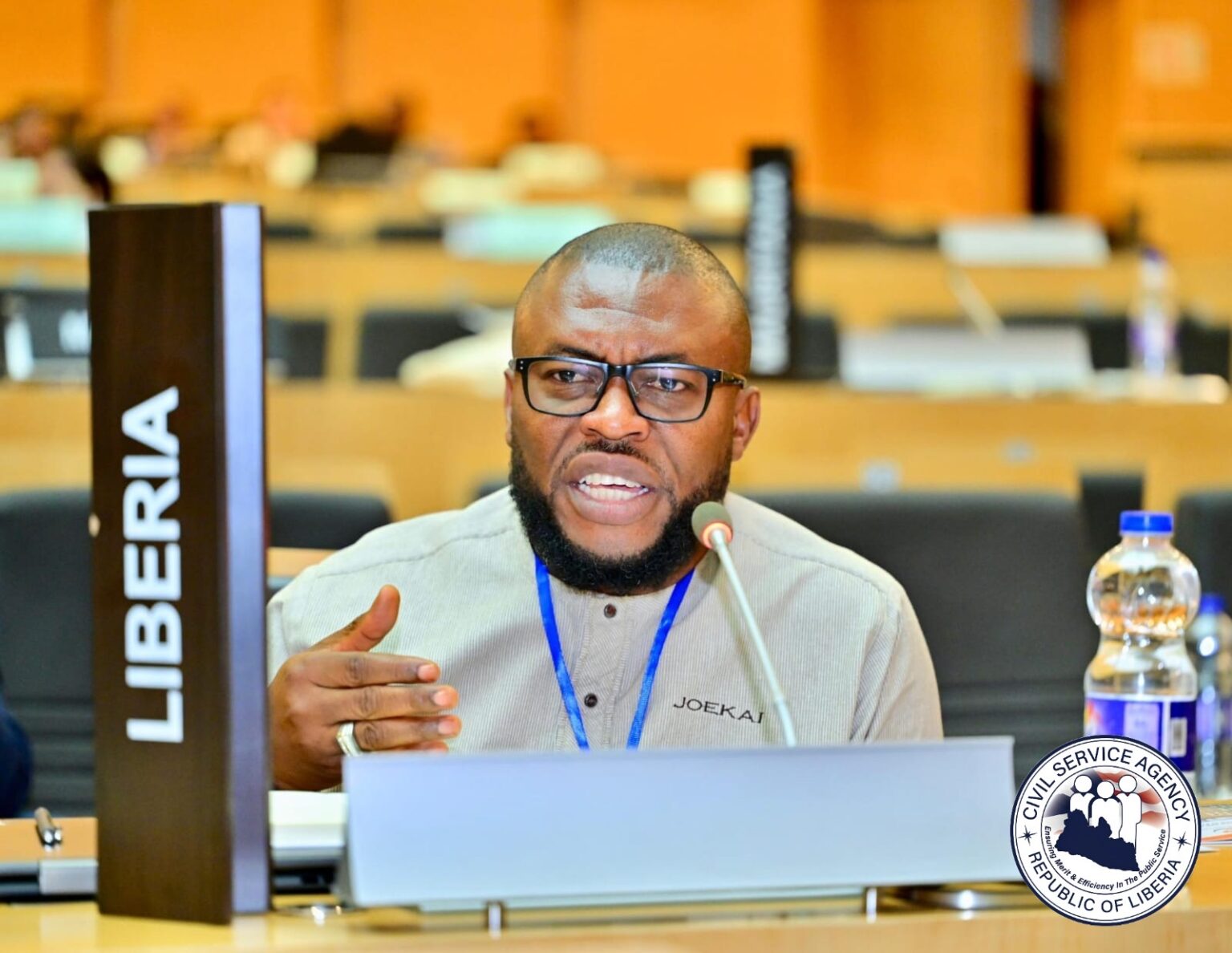Addis Ababa, Ethiopia – June 23, 2025 – Liberia has been unanimously selected by ECOWAS member states to lead the formation of a Regional Public and Civil Service Institutions Framework, a major step toward strengthening governance and public sector collaboration across West Africa.
The decision was reached at the 10th Africa Public Service Day Commemoration in Addis Ababa, Ethiopia, during a high-level meeting involving representatives from Ghana, Benin, Senegal, The Gambia, Sierra Leone, Mauritania, and Liberia. Delegates agreed on the urgent need for a unified regional mechanism to enhance institutional agility, resilience, and inclusive service delivery across ECOWAS countries.
Dr. Josiah F. Joekai, Jr., Director-General of the Civil Service Agency of Liberia, was elected Organizing Chair of the new framework. In this role, he will lead the drafting of a concept paper defining the scope, objectives, and structure of the initiative. He will also coordinate the planning of the inaugural meeting of ECOWAS public and civil service leaders and guide the adoption of the framework’s governance and leadership structures by member states.
The concept paper is expected to be completed and shared with participating countries within two weeks following the Addis Ababa meeting.
Liberia’s selection comes at a time when the country is also chairing the Health and Public Service Network of Africa (HaPSNA), a continental body focused on integrating community health workers into national public service systems. Dr. Joekai’s leadership on both platforms is seen as a reflection of Liberia’s growing influence in shaping public service reform across Africa.
This development is being viewed as a major achievement under the leadership of President Joseph Nyuma Boakai, whose administration has prioritized regional engagement, public sector transformation, and institutional renewal. The initiative reinforces Liberia’s re-emergence as a key voice in regional, continental, and global governance conversations.
Once operational, the ECOWAS framework is expected to improve cross-border cooperation, promote peer learning among institutions, and support capacity building and performance benchmarking. It also aims to align public service delivery across member states with international standards of transparency, efficiency, and accountability.

